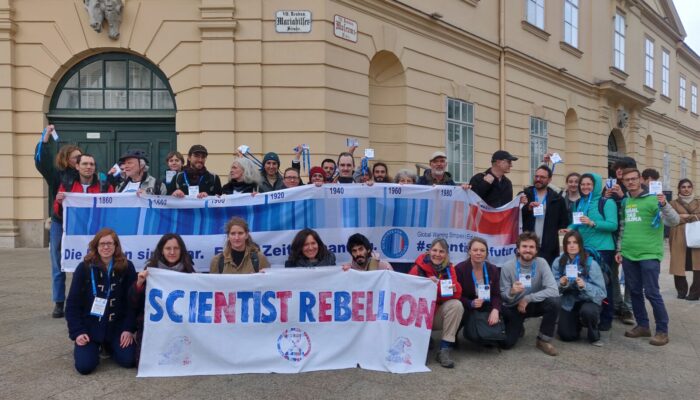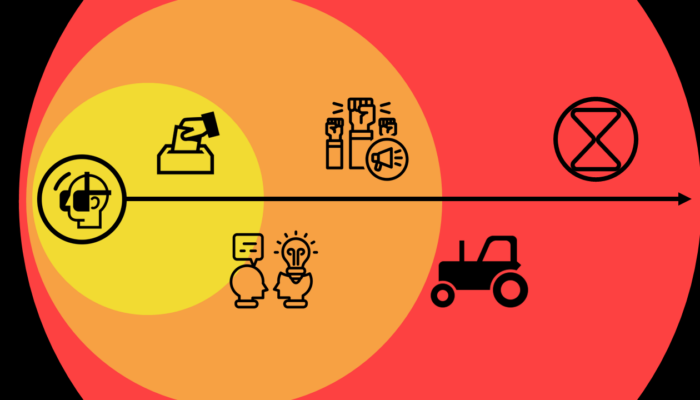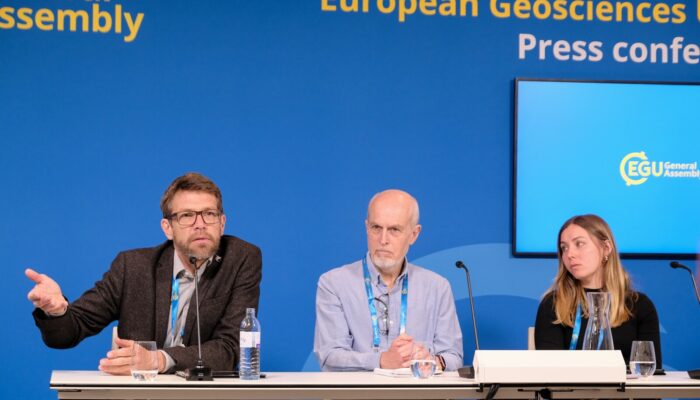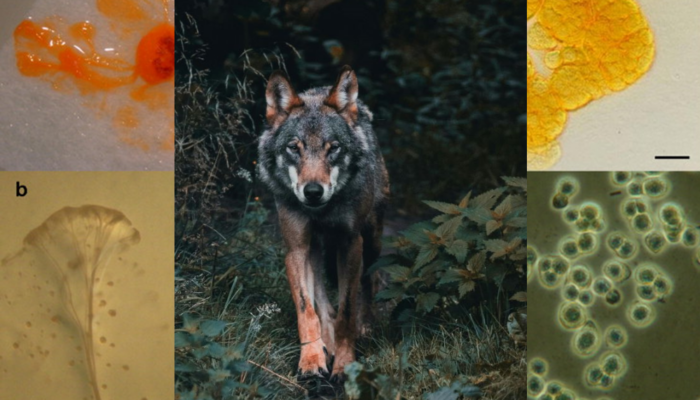In this blog post I am expanding on the blog post about the third EGU Climate Great Debate and its survey results on what you thought we can do as scientists. After conducting an interview with Maien Sachisthal, an active member of Scientist Rebellion, I reflected on the Great Debate and scientists within society, sharing insights on the Scientist Rebellion and Scientists 4 Future protest events t ...[Read More]
The climate crisis: about debates, privilege and the need for action




